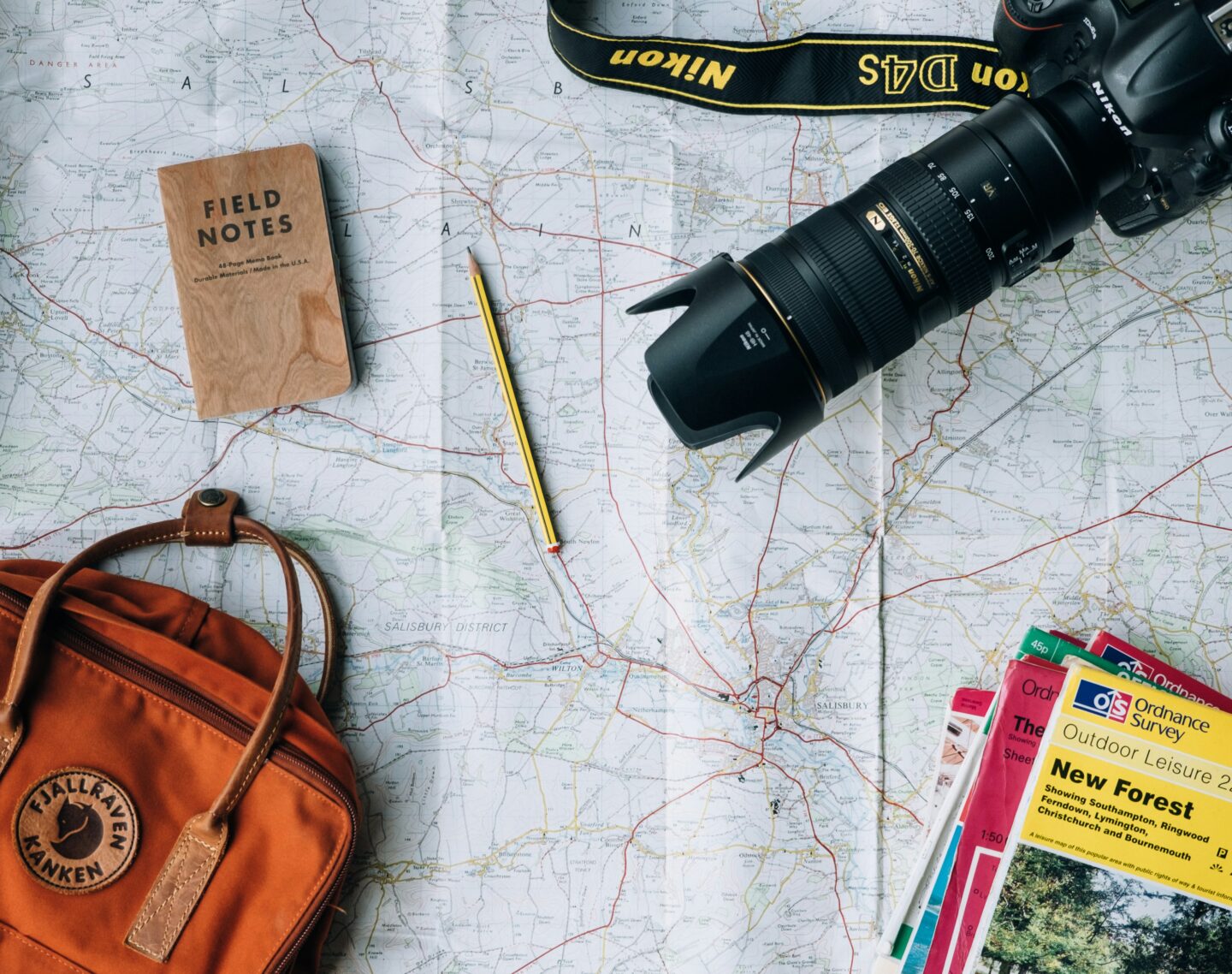Hey lovelies!
If you’ve ever visited the Caribbean, you’ll know it’s a slice of paradise. Picture turquoise waters, white sandy beaches, lush rainforests, and vibrant cultures that feel like a warm embrace. But here’s the thing: while millions of travelers flock to these islands every year, this popularity has its challenges. The beauty we all love is fragile, and the choices we make as travelers can either protect or harm these unique ecosystems and cultures.
As a Caribbean girl myself, I feel a deep responsibility to not only enjoy this beauty but to protect it. So today, let’s dive into 10 sustainable travel tips that will help you explore the Caribbean responsibly. Together, we can ensure this paradise remains for generations to come.
Contents
- 1 What Is Sustainable Travel?
- 2 1. Choose Eco-Friendly Accommodations
- 3 2. Pack Light and Smart for Sustainable Travel
- 4 3. Support Local Businesses
- 5 4. Travel During Off-Peak Seasons
- 6 5. Respect Local Culture and Customs
- 7 6. Reduce Single-Use Plastics
- 8 7. Opt for Public or Eco-Friendly Transport
- 9 9. Conserve Energy and Water
- 10 10. Give Back to the Community
- 11 Final Thoughts on Sustainable Travel in the Caribbean
- 12 Helpful Links and Resources
- 13 Share this:
- 14 Like this:
What Is Sustainable Travel?
Before we jump into the tips, let’s get on the same page. Sustainable travel means making choices that minimize your environmental impact, support local economies, and preserve cultural heritage. It’s about being mindful of how your travels affect the places and people you visit—and taking steps to leave a positive footprint.

1. Choose Eco-Friendly Accommodations
The Caribbean has seen a rise in eco-lodges, green resorts, and sustainable Airbnbs that prioritize the environment. When booking your stay, look for accommodations that actively reduce their carbon footprint, support local communities, and use sustainable practices like solar power, water conservation, and plastic-free policies.
When I visited Saint Lucia, I stayed at a stunning eco-lodge nestled in the rainforest. They sourced food from their own garden and powered the property with renewable energy. Not only did it feel amazing to wake up to birdsong and the rustle of leaves, but I also felt good knowing my stay contributed to conservation efforts.
2. Pack Light and Smart for Sustainable Travel
Did you know that the weight of your luggage impacts carbon emissions? The heavier the plane, the more fuel it burns. When packing for your Caribbean getaway, aim to travel light. Stick to versatile, breathable clothing, biodegradable toiletries, and reusable essentials like a water bottle, cutlery set, and shopping bag.
Pro tip: Avoid sunscreen with harmful chemicals like oxybenzone and octinoxate, which damage coral reefs. Instead, choose reef-safe sunscreens that protect your skin and marine life.
3. Support Local Businesses
One of the best parts of traveling in the Caribbean is its rich culture, which shines through its food, art, and people. Instead of dining at international chains or shopping at big-name stores, opt for local restaurants, markets, and artisans.
I still remember the handwoven basket I bought from a local market in Dominica. Not only was it beautifully crafted, but it also supported a local family. Supporting local businesses is a crucial step in sustainable travel.

4. Travel During Off-Peak Seasons
The Caribbean’s high season, usually from December to April, sees a flood of tourists. This can strain resources, increase pollution, and disrupt local life. By visiting during the shoulder or low season, you’ll not only avoid the crowds but also reduce your impact on the environment.
During an off-season visit to Antigua, I found it easier to connect with locals, explore at my own pace, and enjoy discounts. It felt like I had the island to myself, and I got to see it in a more authentic light.
5. Respect Local Culture and Customs
Every Caribbean island has its own traditions, languages, and ways of life. Before you travel, take some time to learn about the local culture and customs. Simple acts like greeting people warmly, dressing modestly in certain areas, or learning a few phrases in Creole, Patois, or Spanish can go a long way in building connections and showing respect.
Respecting local customs is a cornerstone of sustainable travel. Remember, tourism isn’t just about seeing places; it’s about engaging with the people who make those places special.
6. Reduce Single-Use Plastics
Plastic pollution is a huge issue in the Caribbean. Unfortunately, much of the waste from tourism ends up in the ocean, harming marine life. To minimize your footprint, bring your own reusable items, such as water bottles, straws, and shopping bags.
During my trip to the Bahamas, I joined a beach cleanup and was shocked by the amount of plastic waste that washed ashore. It was a wake-up call to be more intentional about my choices and to encourage others to do the same.
7. Opt for Public or Eco-Friendly Transport
While it’s tempting to rent a car to explore an island, there are often more sustainable ways to get around. Public buses, bicycles, and even walking are great options to reduce your carbon emissions while soaking in the local vibe.
In Barbados, I hopped on a reggae bus (an experience in itself!) to get around, and in Curacao, I rented a bike to explore the colorful streets of Willemstad. Not only was it eco-friendly, but it also gave me a chance to see the islands in a more intimate way.

8. Protect the Marine Environment
The Caribbean is famous for its coral reefs and vibrant marine life, but these ecosystems are incredibly fragile. Whether you’re snorkeling, diving, or just enjoying the beach, follow these tips:
- Avoid touching or stepping on coral reefs.
- Never take shells or marine life as souvenirs.
- Use biodegradable, reef-safe sunscreen.
- Participate in eco-tours that prioritize sustainability and conservation.
When I snorkeled in Bonaire, the guides emphasized eco-friendly practices, and it was heartwarming to see how much they cared about preserving their underwater world
9. Conserve Energy and Water
Many Caribbean islands face water scarcity and energy challenges. Be mindful of your usage by turning off lights and air conditioning when you leave your room, taking shorter showers, and reusing towels and linens instead of requesting daily replacements.
During a stay in Saint Kitts, I learned about the island’s efforts to combat water shortages. It made me more conscious of my habits, like taking quick showers and carrying a refillable bottle instead of buying bottled water.
10. Give Back to the Community
Travel can be a powerful way to make a positive impact. Consider volunteering with local organizations, supporting community-driven projects, or donating to conservation efforts.
During my visit to Grenada, I joined a community tourism initiative where I helped plant mangroves to combat coastal erosion. It was an enriching experience that deepened my connection to the island and its people.
Final Thoughts on Sustainable Travel in the Caribbean
Sustainable travel is more than just a trend—it’s a responsibility. The Caribbean’s natural beauty and cultural richness are gifts we all get to enjoy, but with that comes the duty to protect and preserve them.
By making conscious choices, we can ensure that our travels leave a positive impact. Whether it’s supporting local businesses, reducing waste, or respecting the environment, every little effort counts.
So, the next time you pack your bags for the Caribbean, let’s do it responsibly. Together, we can create ripples of change that keep this paradise thriving for generations to come.
Helpful Links and Resources
- 10 Ways to Travel More Sustainably
- How to Choose Reef-Safe Sunscreen
- Volunteer Opportunities in the Caribbean
- Local Caribbean Markets to Visit
- My Guide to Solo Travel in the Caribbean
- Immersive Cultural Experiences in the Caribbean
- Why Slow Travel Is the Best Way to Explore
Let me know in the comments: What are your favorite sustainable travel tips? Or share your experiences of traveling responsibly in the Caribbean—I’d love to hear from you!
Safe and happy travels,
Destiny
Destiny I appreciate this list I think about the overcrowded locations and how it affects the environment
Author
Thank you